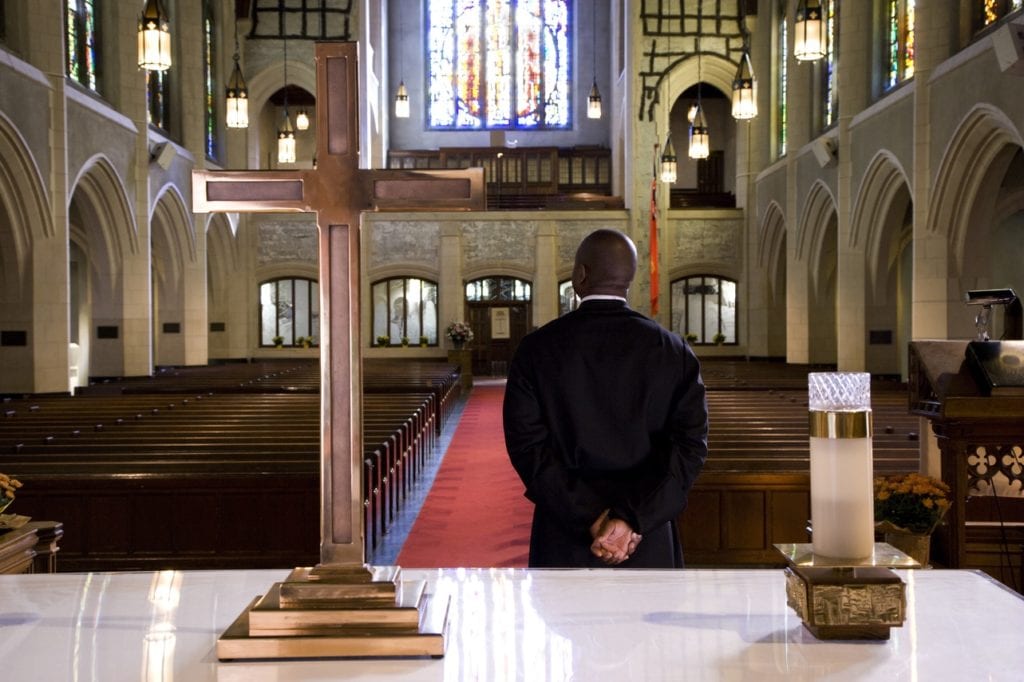
Are you thinking of putting your church property on the market? See this step-by-step guide to help you get started.
- What is your reason for selling?
Are you planning to move to a better location? Do you need a bigger or smaller space? Are you permanently shutting down your church? Your goals and reasons for selling can help guide your future decisions. If you’re not in a hurry to close a sale, for example, you have the option of waiting for multiple bids before accepting an offer. On the other hand, if you have to sell fast to finance a new church building or other pressing need, you might have less room for negotiations.
- Know if you have the right to sell the property
Before going any further, it’s important to first establish who owns the property and has the authority to sell it. If your church is part of a denomination, you may need to get the denomination’s approval first and follow any rules and bylaws regarding a property’s sale.
If a committee is appointed to handle the sale, it should be established that it is legally authorized to act on behalf of the church. You also need to determine who is authorized to sign the deed of sale and other legal documents.
- Find the right real estate professional to work with
Selling a church is more complex than selling a home, or even a typical commercial property. It involves specific nuances that take years to understand and master. This is why you should work with a realtor or broker who specializes in church properties and has a proven track record.
To find the right agent, start by identifying a few potential candidates, then take the time to interview each one. Get a feel of how it is to work with them, and use the opportunity to ask important questions, such as:
- Their training and experience
- Past sales and clients
- How they plan to market your property
- How they arrive at an Opinion of Value
- How to communicate with them
- Explore how to get the best returns for your property
Together with your real estate agent, look into the best potential uses for the property so you can market it to the right buyers. One question you need to ask yourself is whether you want to sell only to another church, or if you’re open to having the property repurposed. The right agent will guide you through your options.
If you welcome buyers other than churches, are there restrictions to the type of uses you can agree to? For example, are you open to repurposing the church into a bar, restaurant, or similar use?
Assess your property’s features and condition, as well, and try to look at it from a buyer’s point of view. Will they see a property that needs extensive rehabilitation or renovation? Does it have good acoustics or sufficient parking? Is it accessible? Consider if investing in renovations and improvements is necessary, or if selling the property “as is” is the better option.
All these can factor into the price you can ask for your property, the returns you can expect, and how it will be marketed. Your broker will come up with a Broker Price Opinion based on these, as well as the sale prices of comparable properties in your area.
- Market the property
Your real estate agent will help you develop a comprehensive marketing strategy, with utmost care and discretion in mind. They may advertise your property on appropriate listing sites and will tap into their widespread network to find the right buyer. Your agent will also prepare the necessary advertising and promotional materials, such as listing photos, brochures, newsletters, mailers, and others.
- Go through due diligence
Once you find the right buyer and enter into a sales agreement, the process goes to due diligence. Due diligence is very important, and can make or break a sale in many instances. The process often takes a long time to complete, with many buyers asking for 180 days.
To avoid delays and have a smooth process, make sure you have all the information and documentation the buyer will need, including plans and drawings of the property, a title report, and a list of chattels, or furnishings and fixtures that will be conveyed with the property. They need to be thorough and accurate. Your broker will assist you in preparing all the paperwork and information needed for the process.
- Close the sale
If everything is in order, the funds for the property will be released to you and the title will be transferred to the buyer.
Selling a church property can be complicated, with many internal and external factors in play. For the best possible outcome, work with a broker who specializes in churches, and have a long track record of success.
Church Building Consultants Realty is the brokerage to call in the Chicago area. Learn more about what they can do for you by calling 630.344.9449 or sending an email to Dan(at)ChurchBuildingRealty(dotted)com

